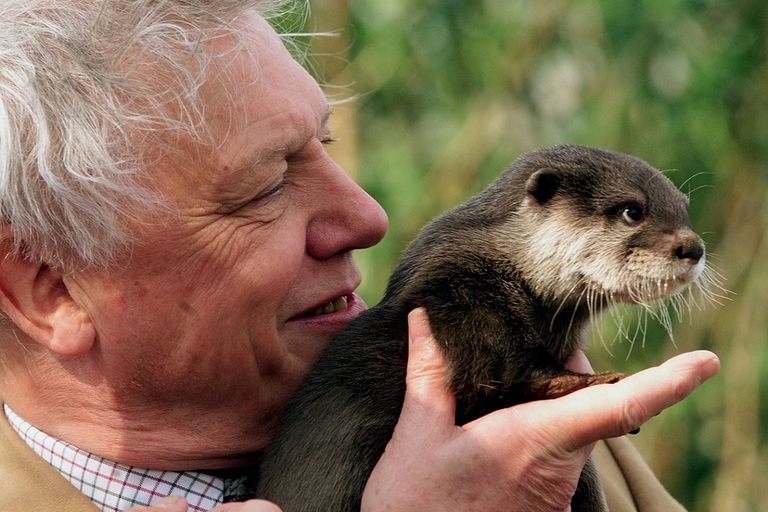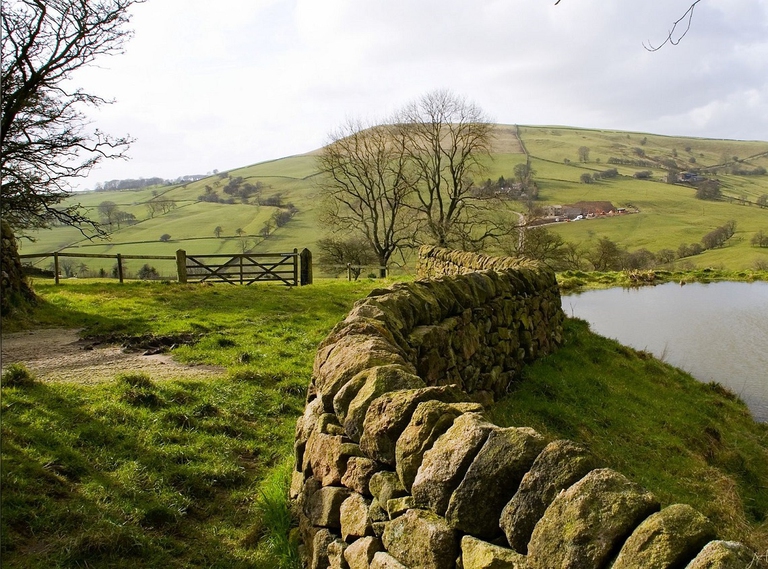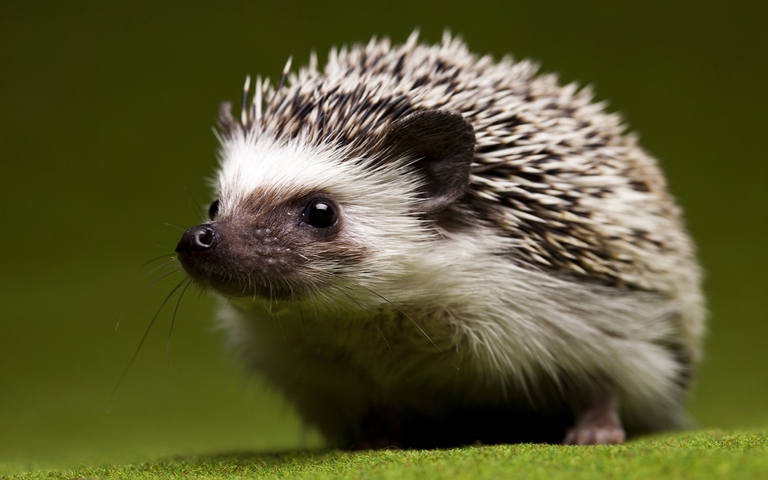
Niseko, Toya-Usu and Shiraoi are three Hokkaido destinations for travellers who want to feel close to the communities they’re visiting.
Secondo l’associazione naturalista Wildlife Trust i bambini del Regno Unito stanno perdendo il contatto con la natura subendo un impoverimento spirituale.
The children of today, also known as digital natives, know how to use smartphones, tablets, and latest technologies down pat. However, they are losing knowledge of nature, the creatures living in it, ignoring names and features of animals and plants.
The warning comes from Sir David Attenborough, one of the world’s icons of popular science and pioneer of natural documentaries, after that a survey showed that in the UK four in ten children have never seen a hedgehog in the wild.
“Youngsters are becoming spiritually impoverished because they rarely experience the natural world,” said Attenborough, former President of the Wildlife Trusts, the UK’s most important association for nature protection.
Science has demonstrated over and over again the benefits of the contact with the environment, and over the past few years the nature-deficit disorder has been discovered, which means that children feel themselves disoriented when they are in a field or in a wood.
“There’s a gap between what society intuitively knows is best for children and what they’re actually getting,” Lucy McRobert of the Wildlife Trust.
According to a survey carried out by the Wildlife Trusts, 71 per cent of British children have never seen a lizard in the wild, whilst more than 50 per cent have never admired the spectacular mumuration of a flock of starlings in the sky. The most surprising figure is about hedgehogs: 37 per cent of children have never seen one of these funny mammals, which are very common in European contrysides.
“Contact with nature should not be the preserve of the privileged. It is critical to the personal development of our children,” said Attenborough. “It is moving to see the delight on the face of a six year old looking at a pond skater or caddis fly larva.”
The UK natural association encourages parents and schools to teach children the love for nature and the knowledge of wildlife. “We know that first-hand contact with nature is good for children,” concluded Lucy McRobert. “It makes them happier, healthier and more creative and for some it can have a life-changing impact”.
Siamo anche su WhatsApp. Segui il canale ufficiale LifeGate per restare aggiornata, aggiornato sulle ultime notizie e sulle nostre attività.
![]()
Quest'opera è distribuita con Licenza Creative Commons Attribuzione - Non commerciale - Non opere derivate 4.0 Internazionale.
Niseko, Toya-Usu and Shiraoi are three Hokkaido destinations for travellers who want to feel close to the communities they’re visiting.
We talked to World Happiness Summit organiser Karen Guggenheim about the connection between the planet’s health and our happiness.
The new generation of high-performance wood materials offers unexpected hi-tech possibilities to the worlds of design and architecture.
A group of experts in Tokyo suggested pouring radioactive water from Fukushima into the open sea. A marine biochemist explains the consequences of this absurd decision.
By recovering clothes discarded in the West, Togolese designer Amah Ayiv gives them new life through his high fashion creations.
All catwalks in July will be broadcast online: after Paris, it’s Milan Digital Fashion Week’s turn. And the biggest beneficiary is the environment.
Disabled travellers need not fear Japan. Accessible Japan founder Josh Grisdale tells us about his commitment to opening the country’s doors to everyone.
Kalongo Hospital in Uganda is on high alert. Medics are facing the pandemic amid an already precarious healthcare situation, in a country with only 55 intensive care beds.
Indigenous peoples in the isolated region are suffering from poor access to health, with several cities becoming hotspots of coronavirus in the Amazon. Indigenous leaders, health experts and NGOs are calling for international help.











